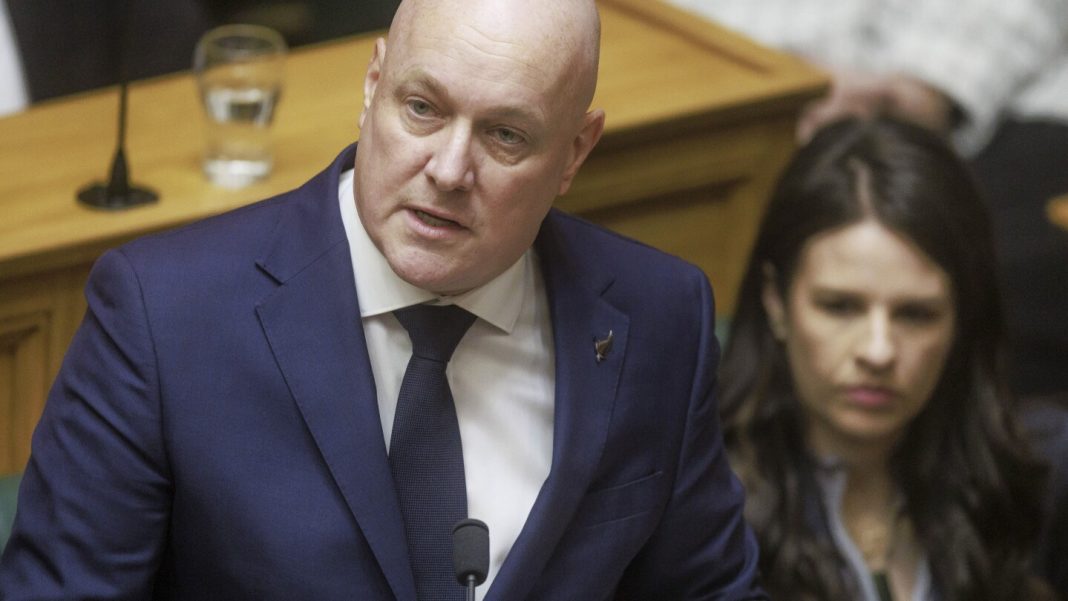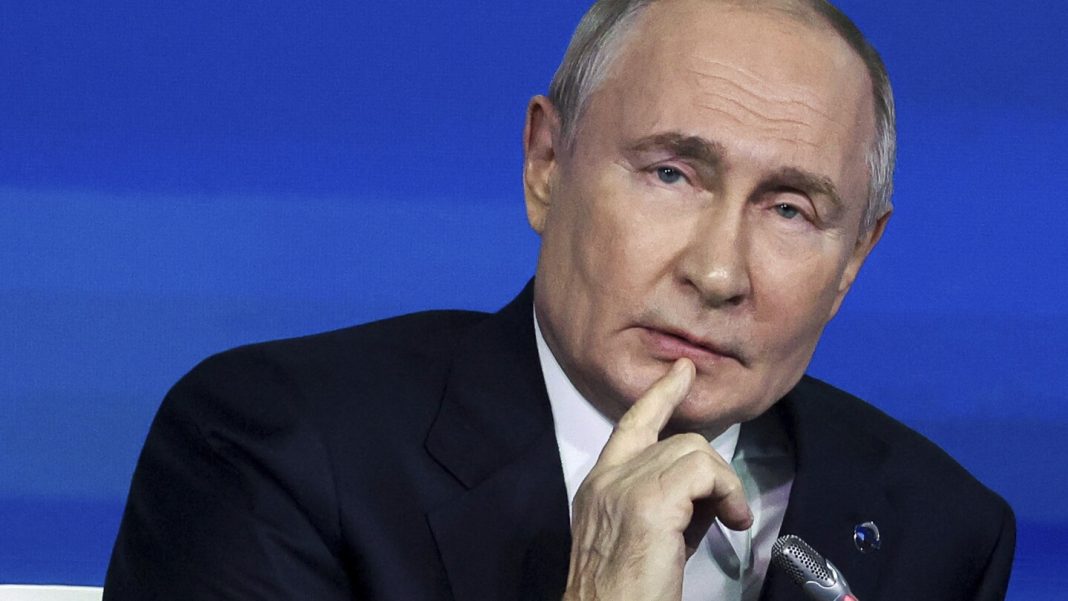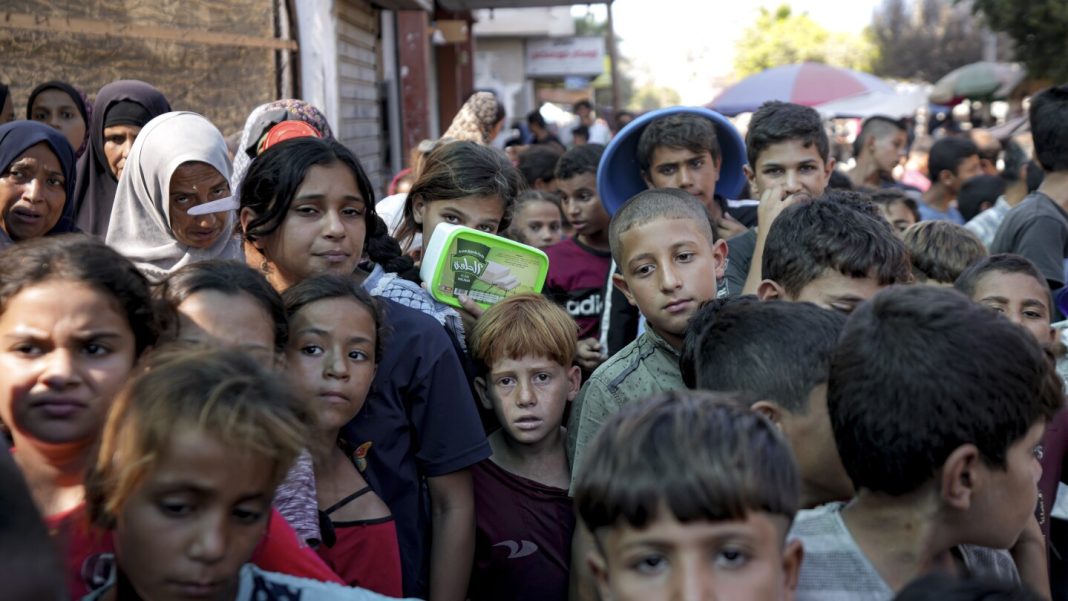WELLINGTON, New Zealand (news agencies) — New Zealand’s Prime Minister Christopher Luxon made a “formal and unreserved” apology in Parliament on Tuesday for the widespread abuse, torture and neglect of hundreds of thousands of children and vulnerable adults in care.
“It was horrific. It was heartbreaking. It was wrong. And it should never have happened,” Luxon said, as he spoke to lawmakers and a public gallery packed with survivors of the abuse.
An estimated 200,000 people in state, foster and faith-based care suffered “unimaginable” abuse over a period of seven decades, a blistering report released in July said at the end of the largest inquiry ever undertaken in New Zealand. They were disproportionately Māori, New Zealand’s Indigenous people.
“For many of you it changed the course of your life, and for that, the government must take responsibility,” Luxon said. He said he was apologizing for previous governments too.
In foster and church care — as well as in state-run institutions, including hospitals and residential schools — vulnerable people “should have been safe and treated with respect, dignity and compassion,” he added. “But instead, you were subjected to horrific abuse and neglect and in some cases torture.”
The findings of the six-year investigation believed to be the widest-ranging of comparable probes worldwide were a “national disgrace,” the inquiry’s report said. New Zealand’s investigation followed two decades of such inquiries around the globe as nations struggle to reckon with authorities’ transgressions against children removed from their families and placed in care.
Of 650,000 children and vulnerable adults in New Zealand’s state, foster, and church care between 1950 and 2019 — in a country that today has a population of 5 million — nearly a third endured physical, sexual, verbal or psychological abuse. Many more were exploited or neglected.
“We will never know that true number,” Chris Hipkins, the leader of the opposition, told Parliament. “Many people entering into state and faith-based institutions were undocumented. Records were incomplete, they’ve gone missing, and in some cases, yes, they were deliberately destroyed.”
In response to the findings, New Zealand’s government agreed for the first time that historical treatment of some children in a notorious state-run hospital amounted to torture — a claim successive administrations had rejected.
“I am deeply sorry that New Zealand did not do better by you. I am sorry you were not believed when you came forward to report your abuse,” Luxon said. “I am sorry that many abusers were not made to face justice which meant that other people experienced abuse that could have been prevented.”
His government was working on 28 of the inquiry’s 138 recommendations, Luxon said, although he did not yet have concrete details on financial redress, which the inquiry had exhorted since 2021 and said could run to billions of dollars.
Luxon was decried by some survivors and advocates earlier Tuesday for not divulging compensation plans alongside the apology. He told Parliament a single redress system would be established in 2025.
He did not, however, suggest a figure for the amount the government expected to pay.
“There will be a big bill, but it’s nothing compared to the debt we owe those survivors and it must not be the reason for any further delay,” said Hipkins, the opposition leader.
Survivors began to arrive at Parliament hours before the apology, having won spots in the public gallery — which only seats about 200 people — by ballot. Some were reluctant to accept the state’s words, because they said the scale of the horror was not yet fully understood by lawmakers and public servants.




